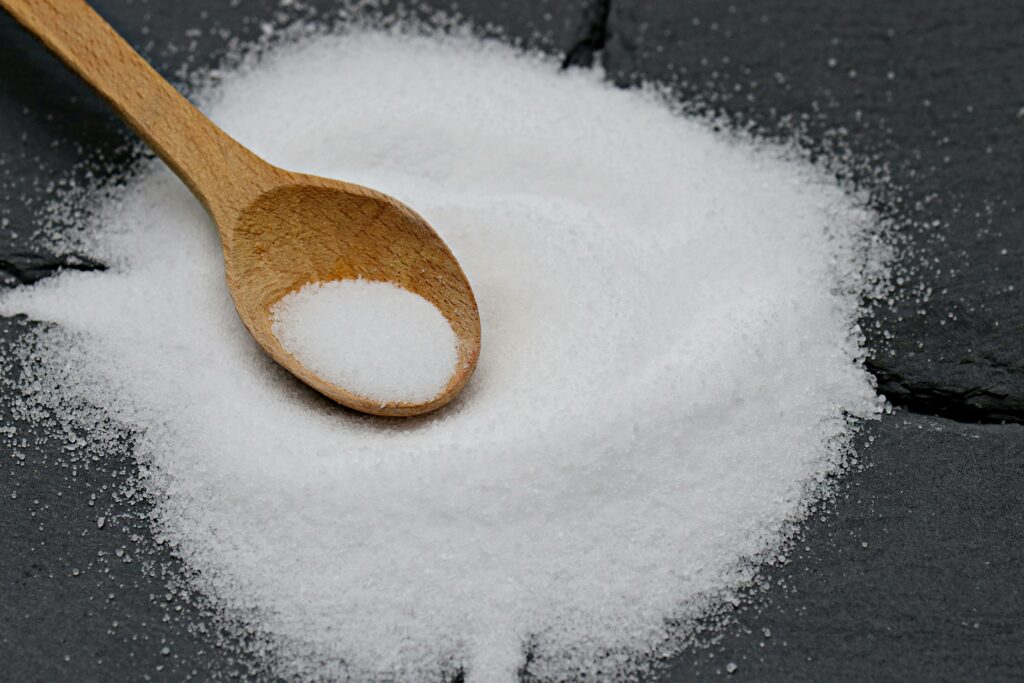Nutrition sugar has always being a hot topic in health talk, and people often argue if it’s good or bad. Many folks think sugar is only about candies and soda, but its actually more complex then that. In modern diet, sugar play a big role, sometimes for energy, sometimes it just for taste bud. The real question is, how nutrition sugar affects our body, mind and daily lifestyle, and why it matter more today then ever before.
What is Nutrition Sugar?
Nutrition sugar is basically the type of sugar that we consume in daily meal for energy. It can be natural sugar found in fruit’s or added sugar that food industry put in beverages and snacks.
Sugar is carbohydrate, which mean body breaks it into glucose. Glucose give us fuel so that we can run, work, or even think clear. But, not all sugar are created equal, natural sugar like fructose in fruit is usually combine with fiber, vitamins, and minerals. Added sugar, on the other side, just add calories and almost no nutriotional value.
Key Features or Benefits of Nutrition Sugar
Even though sugar get a lot of hate, it still has some benefits when consumed smartly.
-
Sugar provide quick energy burst when body need it fast.
-
It can help athletes recover faster after training.
-
Some sugar in fruits also come with antioxidant and vitamins.
-
A little sweet taste can improve mood temporary.
But yeah, if sugar is eaten too much, it’s going to be harmful more then helpful.
Natural vs Added Sugar
Natural sugar are found in food like honey, fruits, and milk. They give energy plus extra nutrients.
Added sugar is what companies throw in soft drinks, desserts, processed cereal. This type often lead to obesity, diabetes, or tooth problems when over used.
How to Use or Implement Nutrition Sugar in Diet
Managing nutrition sugar is all about balance. People should focus more on natural sugar source, and cut down added sugar intake.
One way is to check food labels before buying, many packaged food hide sugar under name like sucrose, corn syrup, dextrose, maltose.
Also, replacing soda with water or fresh juice can reduce sugar by lot. Adding fruit instead of candy for snack also help.
Practical Steps
-
Read nutrition labels for hidden sugars.
-
Choose whole fruits over processed sweets.
-
Limit dessert intake to few times per week.
-
Drink more water, less soda.
-
Try natural sweetners like stevia in place of refined sugar.
Pros and Cons of Nutrition Sugar
Pros
-
Instant source of energy.
-
Improve taste of many dishes.
-
Provide natural vitamins if from fruit.
-
Support fast recovery after workout.
Cons
-
Cause weight gain if eat too much.
-
Lead to diabetes and heart disease risk.
-
Damage teeth health.
-
Sugar high and then energy crash.
So the trick is not to remove sugar completely, but manage it smartly.
Expert Tips or Best Practices for Nutrition Sugar
Nutritionist always say moderation is the king. You don’t need to cut every gram of sugar, but you need to balance it.
Some expert tip are:
-
Start your day with protein and fiber instead of sugary cereal.
-
Use spices like cinnamon to add sweet flavor without sugar.
-
Replace soda with sparkling water.
-
If craving something sweet, go for dark chocolate instead of candy bar.
-
Plan meals so sugar don’t sneak in from fast foods.
Mindful Eating
Eating slowly and enjoying each bite reduce craving for sweet stuff. When people rush meal, they tend to overeat sugar snacks later.
Nutrition Facts for Sugar (per 100g)
-
Calories (Energy): ~387 kcal
-
Carbohydrates: 100 g
-
of which Sugars: 100 g
-
-
Protein: 0 g
-
Fat: 0 g
-
Fiber: 0 g
-
Vitamins: negligible / almost none
-
Minerals: very small trace amounts of calcium, iron, potassium
Key Points
-
Sugar per 100g is almost entirely carbohydrate, with no protein or fat.
-
It provides “empty calories”, meaning it gives energy but no significant nutrients.
-
This is why high sugar intake is linked to weight gain, diabetes, and other health risks.
-

